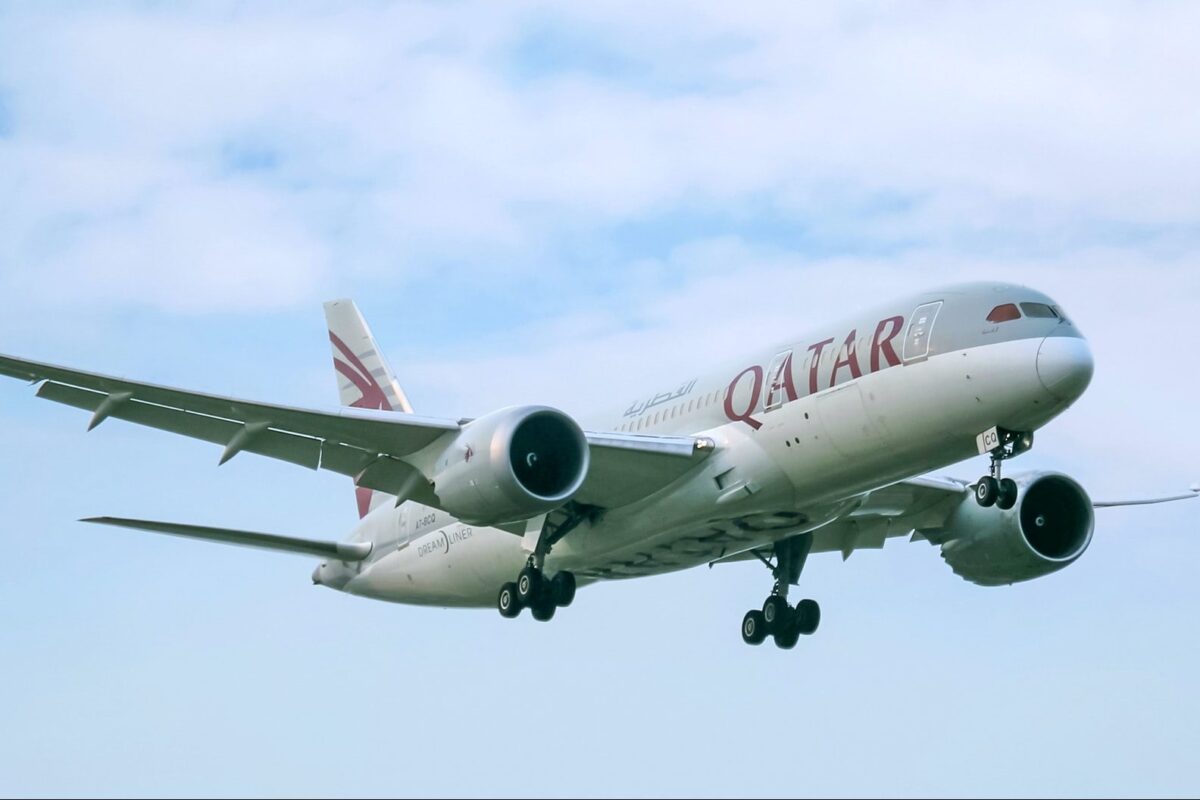Latin America's Despegar Will Have to Navigate Coronavirus Currency Impact

Skift Take
You might think an online travel agency group based in Buenos Aires would be stung by Latin America's ongoing economic woes. But you'd be only partly right. Despegar has navigated troubled times at home by diversifying its product mix and geographic markets and by driving more direct bookings.
In late 2019, Latin America's airline gross bookings declined year-over-year. Economic turmoil in Argentina, and to a lesser extent in Brazil, plus social unrest in Chile, shrunk the travel industry. In December, Argentina introduced a 30 percent tax on purchases of international trips through travel agencies.
Yet in the fourth quarter, Despegar enjoyed improving performance in revenue and bookings. Revenues were up 34 percent on a currency-adjusted basis to $145.6 million. Gross bookings rose 26 percent year-over-year to $1.28 billion, thanks to the number of transactions rising 7 percent, year-over-year, to 2.9 million.
Get the Latest on Coronavirus and the Travel Industry on Skift's Liveblog
Despegar drove growth by improving sales of its high-margin package products as a share of its overall sales. It has also boosted direct bookings via its mobile app as a percentage of overall sales.
Coronavirus Has a Currency Impact
Looking ahead, Despegar expects coronavirus to create a negative impact on Latin America's economies and its performance in the first quarter. But executives believed the long-term impact would be manageable.
At first glance, you might not expect coronavirus to have affected Latin America yet. Few cases have appeared there so far, and the region doesn't have extensive travel links to China, where the virus began.
Yet turmoil in the global financial markets has devalued several key currencies relative to projections of their value at the beginning of the year. International travel has thus become more costly for residents of countries like Argentina, Brazil, and Peru.
Despegar has seen its share of international bookings drop due to currency effects and also due to worries about news headlines. International travel is a more profitable product for the company, so the trend will hit net income in the short-term.
"The good news for us is that the inventory we have for domestic travel in Latin America is particularly strong," said Alberto López-Gaffney, chief financial officer.
Looking Ahead
Despegar expects to have integrated Best Day, the Mexican online travel agency it bought for $136 million, by June.
It also touted a commercial deal with Tarjeta Naranja, which is the leading branded credit card issuer in Argentina. Despegar will sell travel on a white-label basis to Naranja's customers.
In October 2019, Despegar launched a loyalty program in Brazil that it said has since signed up 400,000 members. It also debuted a co-branded credit card with Santander in Brazil.
It has about $313 million in cash on hand at the end of 2019.
"We're leaning more toward M&A than share buybacks," said Alberto López-Gaffney, chief financial officer. Coronavirus-related pressures may further depress the value of potential acquisition targets.
For our profile of Despegar, see Latin America’s Despegar Wants to Double Bookings by 2025: How Realistic Is That?





